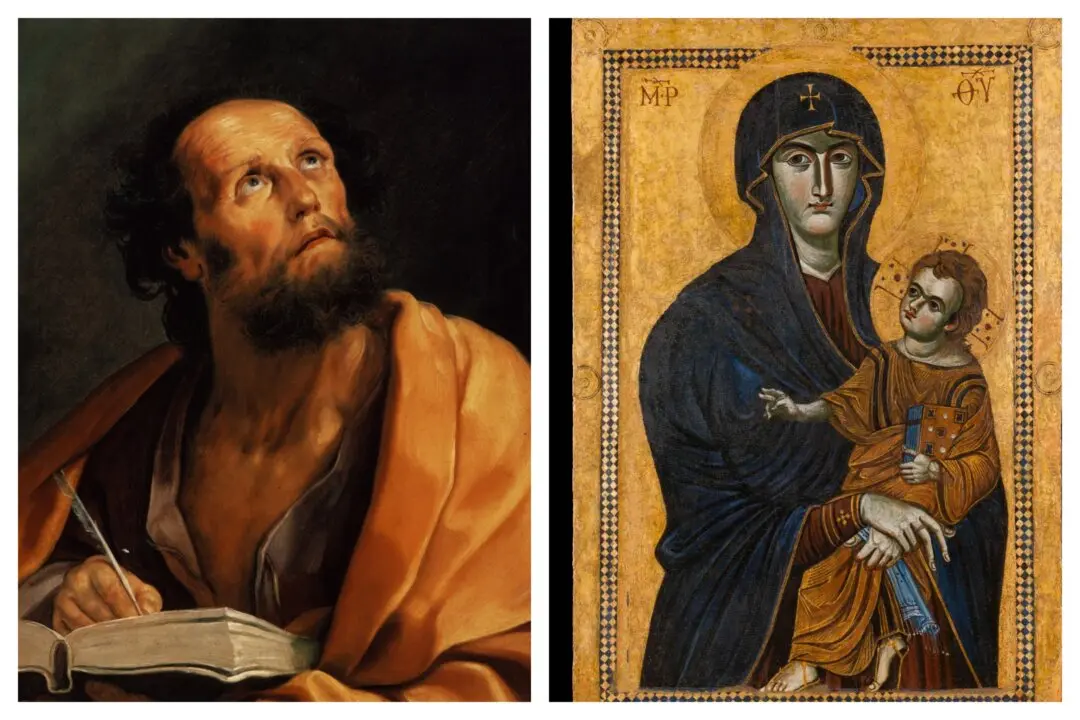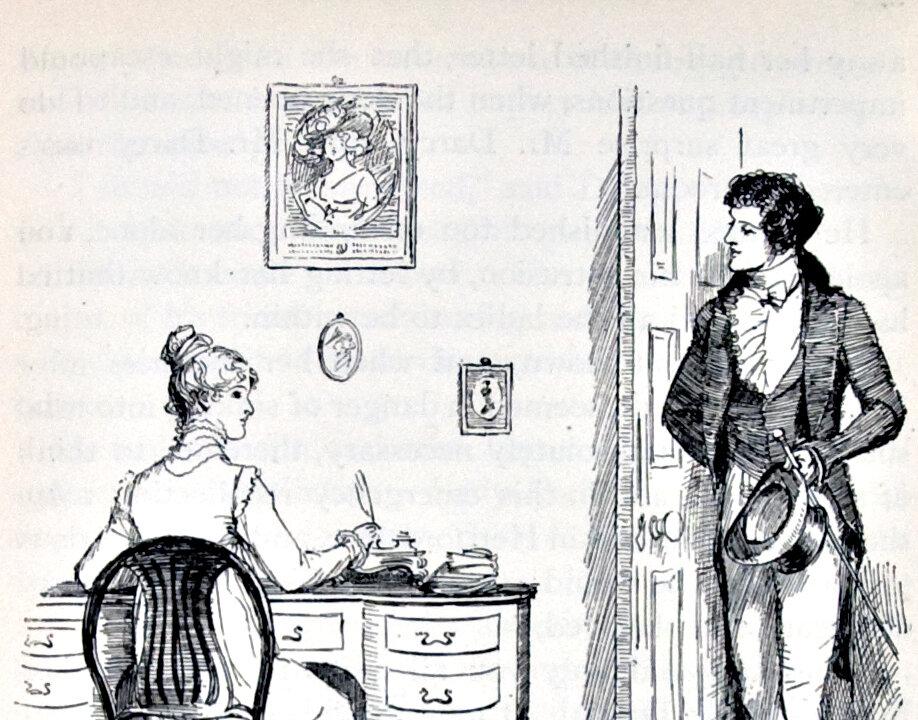The grey goose is a perfect emblem of both a free, wild spirit and a lifelong love. It mates for life and, if its mate is killed, it flies on alone.
For this reason, Sheldon and Jean “Davy” Vanauken took the grey goose as a symbol of their relationship. Through wartime, travels overseas, and numerous adventures, they remained steadfast in their love and vowed to never love another. As Sheldon Vanauken wrote in “A Severe Mercy” (1977), the two met in the 1930s at a department store where Davy worked hand-tinting photographs. Vanauken was a junior at Wabash College, and Davy was a freshman at Butler University. They married after 10 months.





